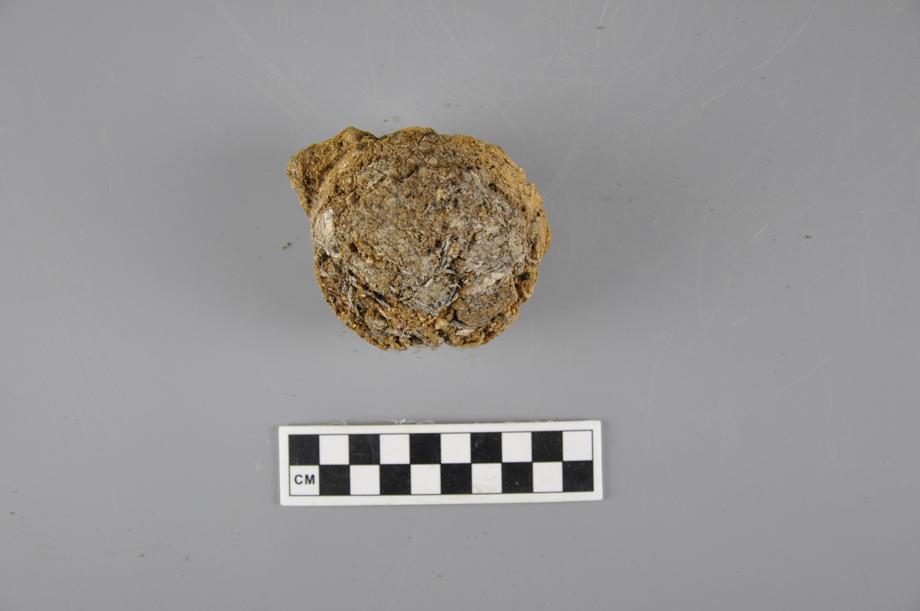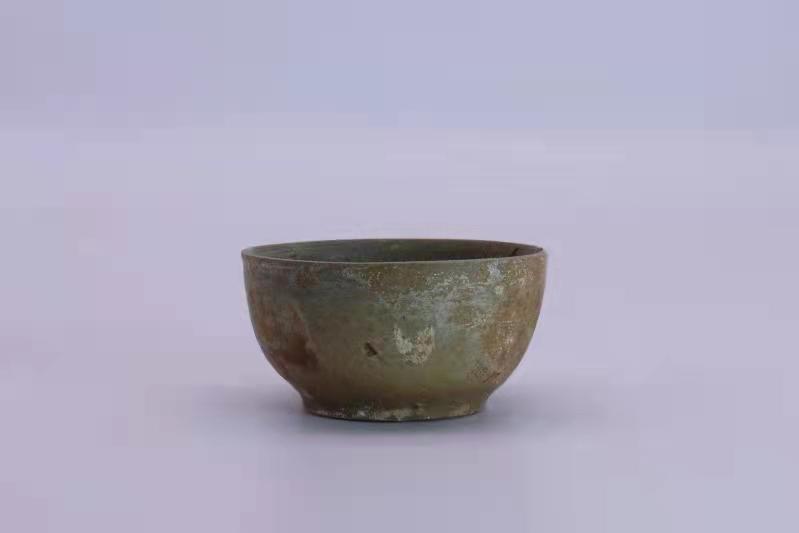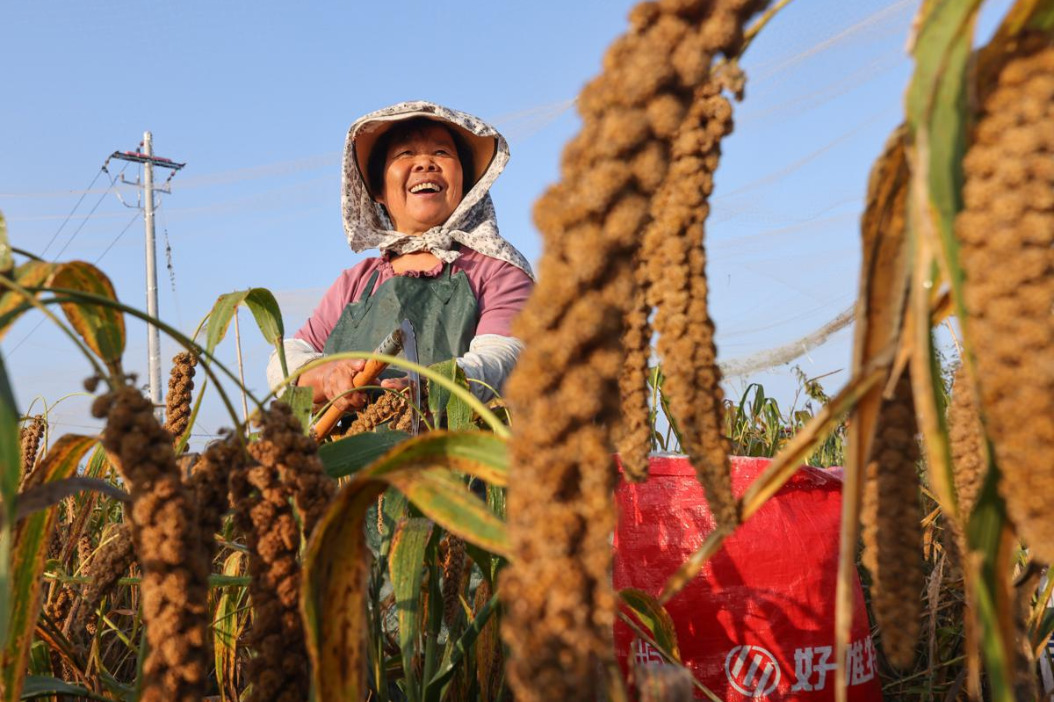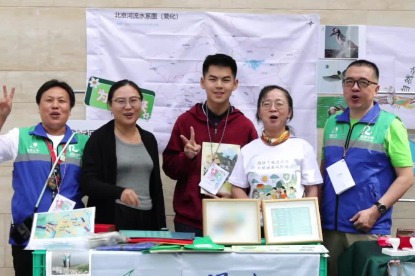World's oldest tea residue discovered


Charred material in a bowl found in a tomb from the early Warring States Period (475-221 BC) in Zoucheng, Shandong province, is tea residue — what's left over after boiling or brewing — according to an analysis published in Archaeology and Cultural Relics by a team from Shandong University.
The discovery is physical evidence of tea in the 453-410 BC period, making it the oldest tea remains in the world, the article said.

Scientific analysis of the residue was done using techniques such as Fourier transform infrared spectroscopy (FTIR), Gas Chromatograph Mass Spectrometer (GC/MS) and thermally assisted hydrolysis-methylation Pyrolysis Gas Chromatography Mass Spectrometry (THM-Py-GC/MS).
Modern tea and tea residue were used as reference samples.
- Across China: Climate change in China's arid northwest draws academic, public attention
- China Focus: Chinese scientists propose excess 40Ar in lunar soil possibly from Earth wind
- Chinese team achieves breakthrough in multiple drone flight against challenging winds
- China's fresh commitment hailed as major contribution to global climate action
- Chinese premier returns to Beijing after attending general debate of 80th session of UN General Assembly
- China's Hainan upgrades emergency response as Typhoon Bualoi approaches




































